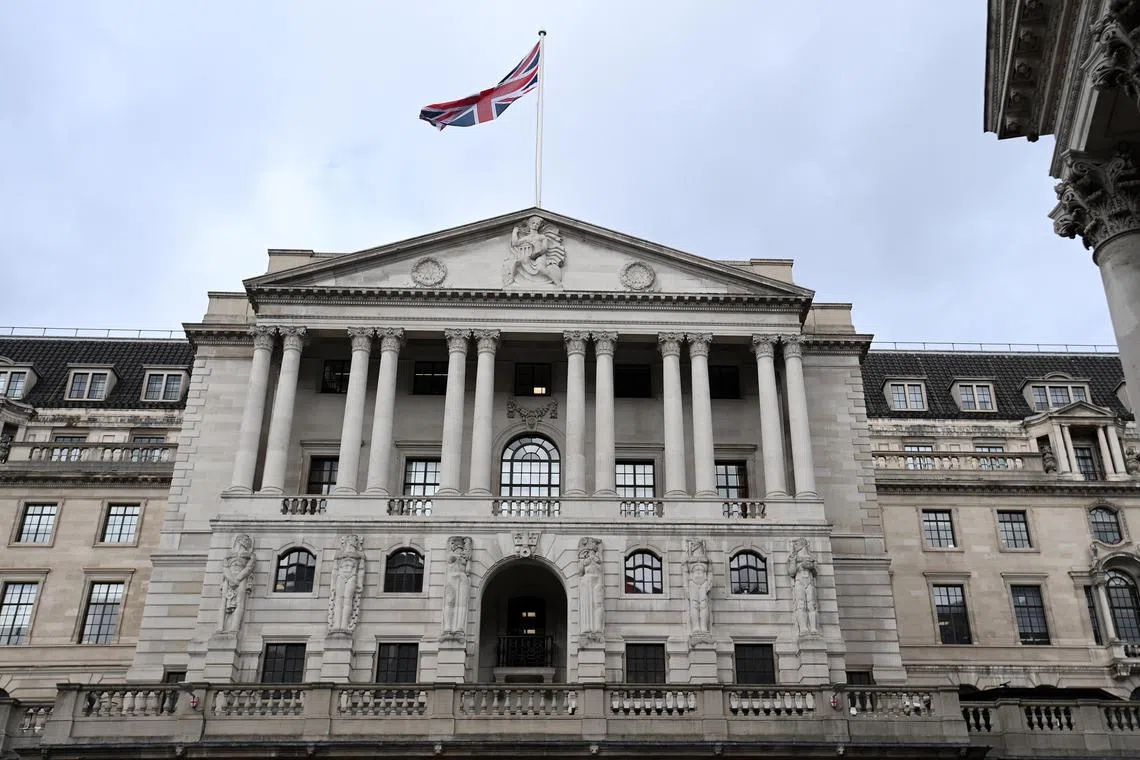UK economy avoids recession after growing in Q4
Sign up now: Get ST's newsletters delivered to your inbox

The British economy eked out growth of 0.1 per cent in the October-to-December period from the previous three months.
PHOTO: EPA-EFE
LONDON – Britain’s economy grew in the fourth quarter of last year, official data showed on Friday, with a jump in business at travel agents and state support for soaring energy bills helping the country avoid falling into recession.
Economic output increased by 0.1 per cent from the previous three months after shrinking by 0.1 per cent in the third quarter, which was a smaller contraction than previously thought.
The Office for National Statistics (ONS) had previously said the economy showed no growth in the fourth quarter. Two consecutive quarters of contraction would have represented a recession.
Despite the improvement in data, British economic output remained 0.6 per cent below the level seen in late 2019. Britain is the only Group of Seven (G-7) major economy not to have recovered from the Covid-19 pandemic.
Britain’s dominant service sector rose by 0.1 per cent, boosted by a nearly 11 per cent jump for travel agents.
Manufacturing grew by 0.5 per cent, driven by the often erratic pharmaceutical sector, and construction grew by 1.3 per cent.
The International Monetary Fund said in January that Britain was on course to be the only G-7 economy that would shrink in 2023
Ms Ruth Gregory at Capital Economics said the upward revisions to the gross domestic product figures for the third and fourth quarters showed that high inflation had taken a slightly smaller toll on the economy than previously thought.
“But with around two-thirds of the drag on real activity from higher rates yet to be felt, we still think the economy will slip into a recession this year,” she said.
House prices slid in March at the fastest annual rate since the financial crisis, mortgage lender Nationwide said.
The Bank of England (BOE) last week raised interest rates for the 11th consecutive meeting and investors are split on the possibility of another increase in May.
Chancellor of the Exchequer Jeremy Hunt announced in March new incentives to encourage companies to invest,
The outlook for Britain’s economy has improved, thanks in large part to falling international energy prices and a job market that continues to defy forecasts of a slowdown.
However, few analysts expect the economy to avoid a contraction over 2023 as a whole and the outlook could darken again if the recent turmoil in the global banking sector leads to lenders reining in loans. REUTERS


